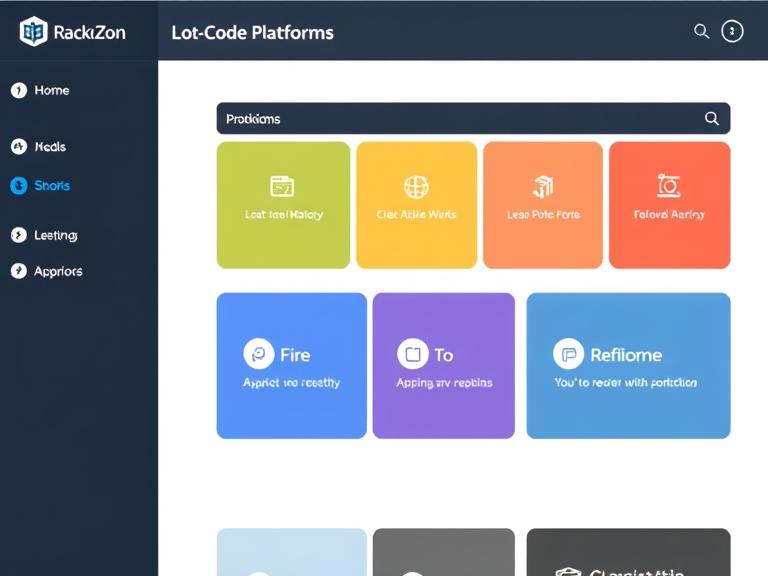
Low-code and no-code platforms are transforming how applications are built by allowing users to create solutions with minimal or no programming. These tools empower both developers and non-developers to build web apps, automate workflows, and launch MVPs quickly.
Key benefits:
- Rapid prototyping and deployment.
- Reduces backlog for dev teams.
- Democratizes app development across departments (e.g., marketing, ops).
- Lower cost of development and maintenance.
Popular platforms:
- Webflow – Visual website builder with CMS.
- Bubble – No-code tool for full-stack web apps.
- OutSystems / Mendix – Enterprise-grade low-code platforms.
- Airtable + Zapier / Make – Automate business processes and databases.
- Microsoft PowerApps – Build internal tools and workflows in the Microsoft ecosystem.
Use cases:
- Internal tools and dashboards.
- Client portals and CRMs.
- E-commerce frontends and booking systems.
- Workflow automation between SaaS platforms.
While low/no-code won’t replace complex custom software, it’s ideal for solving specific problems quickly. Developers can integrate with these platforms via APIs or extend functionality with custom code when needed.

Leave a Reply